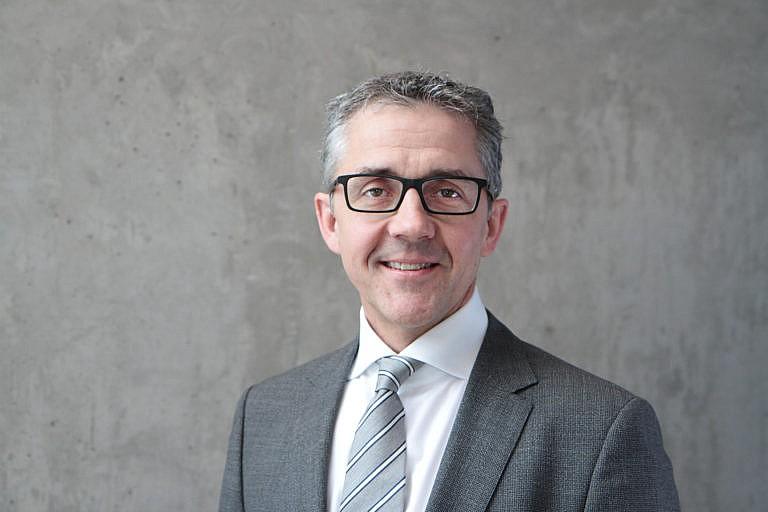What comes next: UHN’s continued effort in defeating COVID-19
Post-vaccine, there are still a lot of unknowns when it comes to the virus’ long-term impacts

Dr. Bradly Wouters, Executive Vice President of Science and Research at UHN
Share
Dr. Bradly Wouters was present as one of Canada’s first COVID-19 vaccines was administered to a personal support worker at Toronto’s University Health Network (UHN) in December. A symbol of optimism, that historic day has affirmed the value of science and global cooperation amidst the pandemic. “I don’t think we can understate how incredible it is that the world collectively developed safe, effective vaccines in a period of 10 months,” says Dr. Wouters, UHN’s Executive Vice President of Science and Research. After months of collective distress, Canadians are beginning to anticipate an end to what many have described as the greatest challenge of our lifetime.
As the vaccine rollout continues, however, it’s crucial that Canadians are kept informed about the ongoing challenges ahead. For Dr. Wouters and his colleagues at UHN, this requires continued research to address the unknowns of this virus and develop solutions. With more than 187 approved COVID-19 research projects currently underway at UHN, its world-renowned research team offers a unique opportunity for leadership in Canadian health care to make a global impact.
From transmissibility to treatment and the long-term effectiveness of vaccines, there’s now an emphasis to study the many stages of COVID-19 and its different components. “It’s about understanding how this virus interacts with the body,” says Dr. Wouters, adding that these studies are “vital to our ability to deal with the consequences of infection.” Specifically, this encompasses the consequences during infection and post-infection. There are still a lot of unknowns when it comes to the long-term impacts of COVID-19. Reports range from excessive lung inflammation to blood clot-induced strokes and neurological damage. For Dr. Wouters, “understanding that biology is dire.”
Encompassing Toronto General and Toronto Western hospitals, Princess Margaret Cancer Centre, Toronto Rehabilitation Institute, and The Michener Institute of Education, UHN is home to a diverse collection of research infrastructure suited to address these complex challenges. A clinical trial out of the Peter Munk Cardiac Centre, for example, has discovered the common blood thinner, heparin, may prevent the need for intubation and mechanical ventilation in hospitalized COVID-19 patients. Additionally, UHN is home to the Toronto Centre for Liver Disease, which, in a study released just this month, showed that an antiviral medication known to control hepatitis virus infections can significantly speed up recovery for mild to moderate COVID-19, preventing people from getting sicker and reducing the spread of the virus to others.
Largely credited for sustaining such research initiatives are UHN’s philanthropic supporters. “Philanthropy is a core component to research at UHN” says Dr. Wouters. “It’s been especially important in our initial response to the pandemic—within weeks of the pandemic being announced, so many of these projects were jump-started by donor support.”
Decades of research in infectious disease, immunology and vaccines played a fundamental role in the swift development of the COVID-19 vaccines. “The global scientific community had done the science to make this possible before the pandemic even started,” says Dr. Wouters. Knowledge of the coronavirus’ structural biology provided a launchpad for companies to move quickly—a testament to the necessity of scientific research and funding for that research.
What comes next will require the same global commitment and logistics practiced in vaccine development. Largely donor driven, UHN’s clinical research initiatives across a wide range of disciplines will continue to study and develop solutions that protect healthcare workers, prevent community spread and find advanced treatment for those infected with COVID-19. This is ultimately the next step toward ending the pandemic and for Dr. Wouters, “a major lesson in better preparing ourselves for any pandemic in the future.”
Click here to donate to UHN’s COVID-19 fund today to help support critical research projects and the health and well-being of staff and patients.
